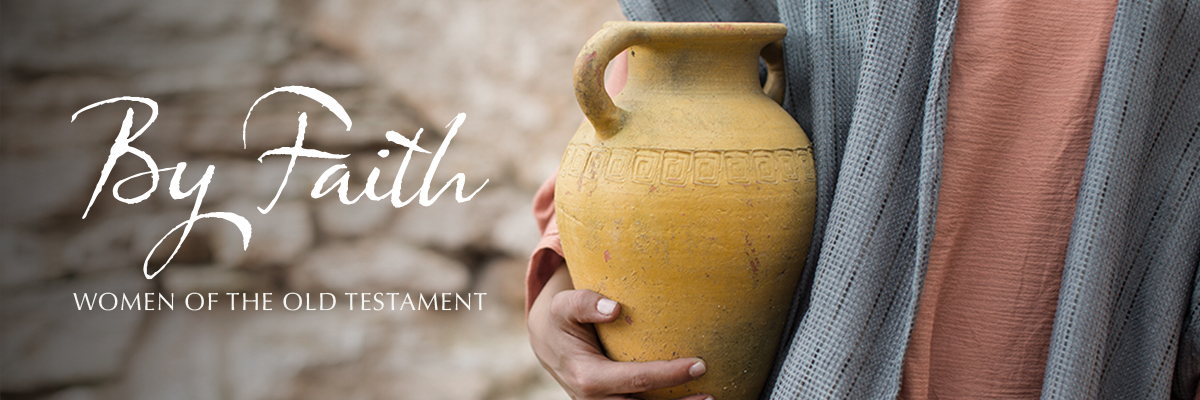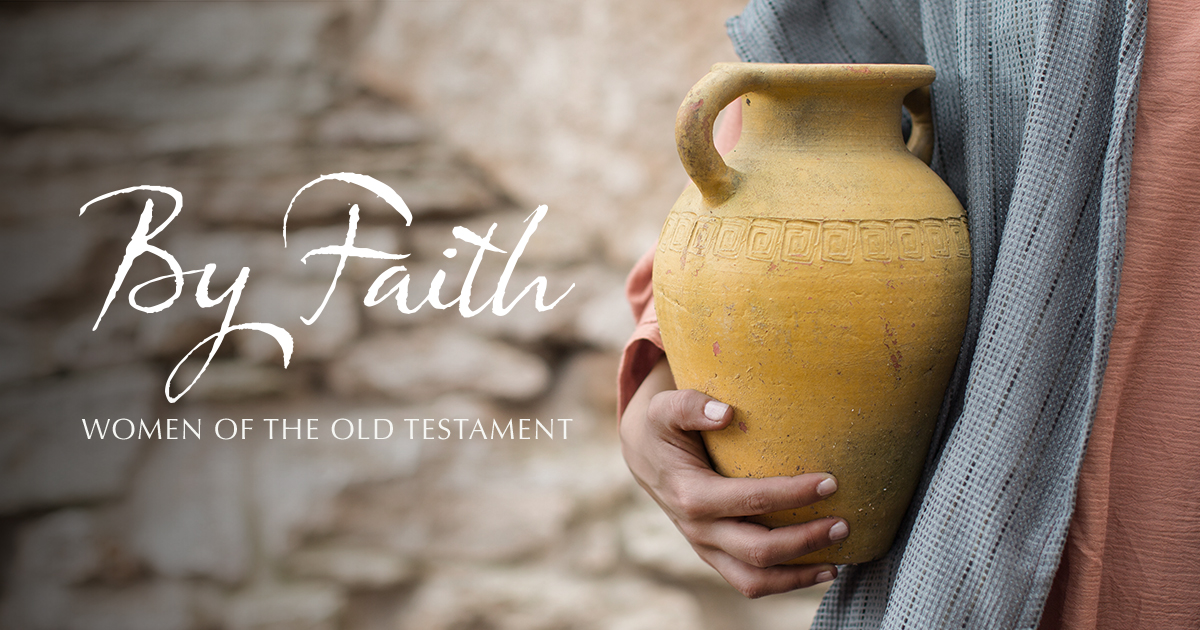

Daily Devotional | Eve - In His Image
- March 1, 2021 | Genesis 1:26–31
Most of us ask the question “Who am I?” at some point in our lives—often in seasons of crisis or change. This question contains just three simple words, but it’s a surprisingly complicated mix of identity and purpose, belonging, and autonomy. The answer to this question can drive our decisions about the future and, simultaneously, force us to face our past.
Genesis 1 is full of vital answers to this universal inquiry: 1) We are created by God—male and female—in His image and likeness (v. 27); 2) We are given dominion over all of creation (v. 28); 3) We are blessed by God and instructed to be fruitful and multiply, to fill the earth and subdue it (v. 28); and 4) We are pronounced by God—along with the rest of His creation—to be “very good” (v. 31).
Really, numbers 2–4 are the outworking of that all-important number 1. Our primary point of identity—as a man or as a woman—is as an image-bearer of God. We exist to reveal and reflect His likeness for all the world to see. There is no greater truth that highlights our worth and our value. It follows, then, that a main way in which we “image” God is by ruling over the earth. We are stewards of His kingdom and caretakers of His creation.
Genesis 5:1–3 uses the same word for “image” to describe how Seth bore the likeness of his father Adam (v. 3). Just as Seth grew in the image of Adam, and just as Jesus grew in wisdom and stature—in favor with God and man (Luke 2:52)—so, too, we are created to grow in our likeness of God.
>> As we begin our study of the women of the Old Testament, think about these questions: Since “image-bearer of God” and “caretaker of creation” are key aspects of your identity, do you need to change the ways you think and act? Are there any ways in which you might act differently toward someone else since they also share that identity?
Pray with Us
Lord, as we live and work with those around us, remind us of our shared identity as your image-bearers, so we may treat all people with value and respect.






